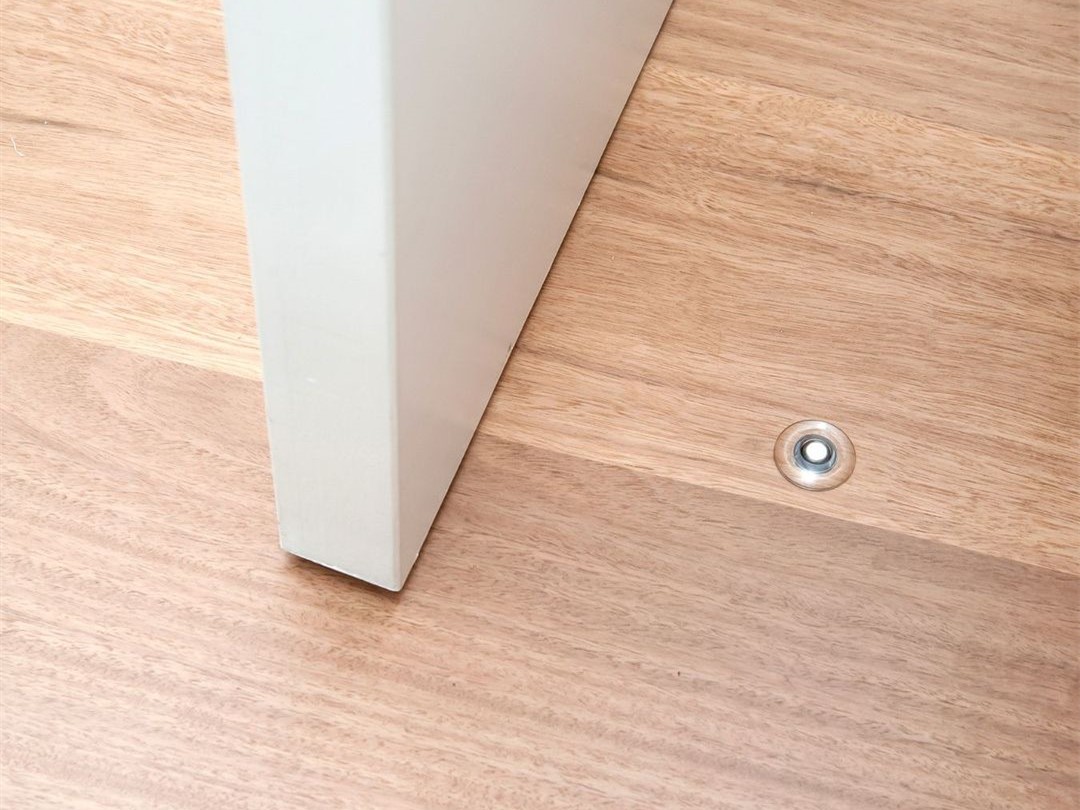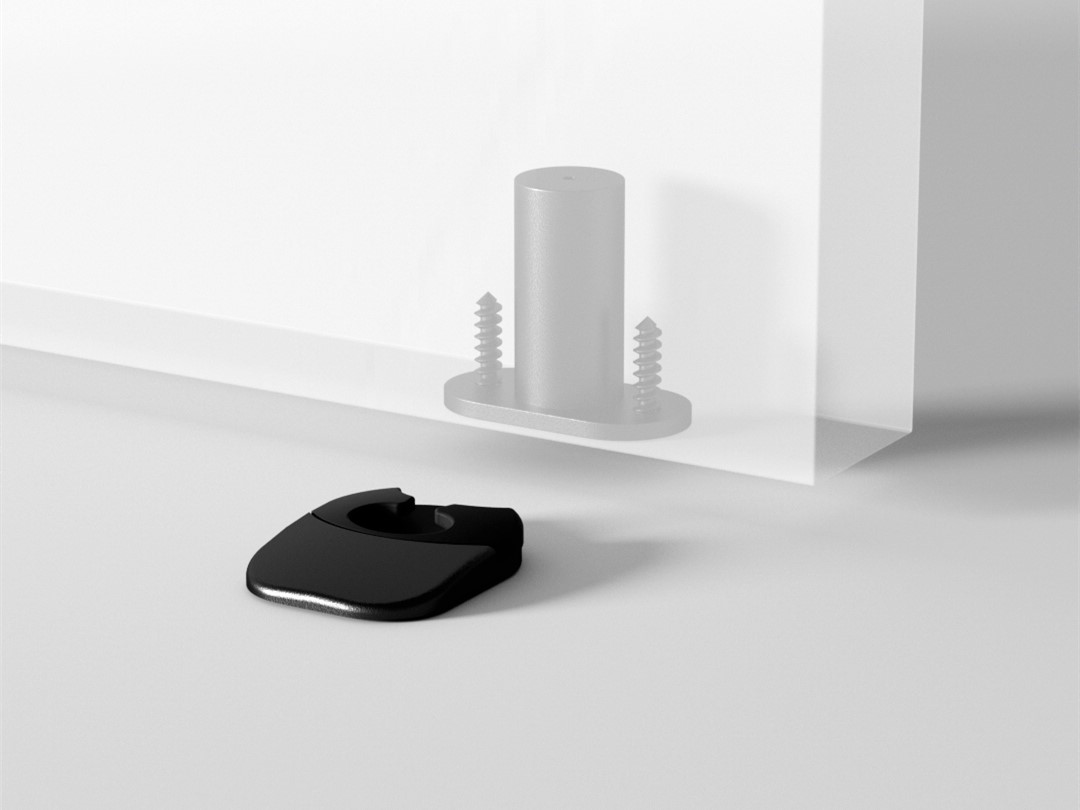Is your door stop loose, rusty, or failing to hold? Choosing the wrong type can cut its lifespan in half! Many household door stop issues stem from picking the wrong design. IISDOO breaks down the key differences to help you decide.
How They Work
Magnetic Door Stops: Use a powerful magnet (like Neodymium) to attract a metal plate. There’s no physical contact, making them silent. Best for light to medium-weight interior doors (e.g., bedrooms, offices).
Mechanical Door Stops: Rely on spring pressure or a hydraulic mechanism to physically catch and hold the door. They are built for strength and durability. Ideal for heavy doors (e.g., exterior doors, fire doors).
Key Comparison
| ctor | Magnetic | Mechanical |
|---|---|---|
| Installation | Easy. Minimal alignment needed. | Harder. Requires precise adjustment for spring tension. |
| Durability | No moving parts to wear out. Magnet strength can weaken in very cold temperatures. | Very robust. Springs may fatigue over many years but are replaceable. |
| Noise Level | Virtually silent operation. | Can produce a clicking or clunking sound. |
| Holding Power | Good for standard doors. May fail in strong drafts. | Excellent. Designed to hold heavy doors against wind pressure. |
| Maintenance | Wipe clean; check magnet for debris. | Occasionally lubricate the mechanical parts. |
| Cost | Generally lower initial cost ($5-$15). | Higher initial cost ($15-$50), but often longer-lasting. |
Which One Should You Choose?
Choose a Magnetic Door Stop if:
Your door is a standard interior door.
Silence is a priority (e.g., bedrooms, nurseries, libraries).
You want easy installation.
Choose a Mechanical Door Stop if:
You have a heavy door (front door, garage entry).
You need maximum holding power against wind.
Durability is your main concern.
Pro Tips & Pitfalls to Avoid
For Magnetic: Avoid cheap models in humid areas (prone to rust). For a sleek look, consider hidden floor-mounted magnets.
For Mechanical: Ensure it’s installed on a stud or very solid wall to prevent it from being torn out. Test the holding force after installation.
The Verdict
There’s no single winner. Your choice depends entirely on your door’s weight, location, and your need for quiet operation. For most interior doors, a magnetic stop offers a perfect blend of convenience and silence. For heavy-duty applications, a mechanical stop is the undisputed champion of strength.
Upgrade Your Home Today!
FAQ:
Q: Do magnetic door stops interfere with electronics?
A: No, the strength of household magnets is far too low to cause any issues.
Q: Can I use a mechanical stop on drywall?
A: It’s not recommended. Always secure them to a wall stud or use heavy-duty anchors for a firm hold.
Post time: Aug-20-2025



